Jimmy Ratter, botanist.
Born: February 15, 1934, in Cambridge.
Died: November 3, 2020, in Edinburgh.
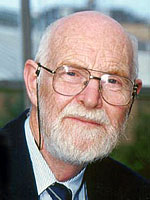
James Alexander Ratter (“Jimmy” or “Jim”), who has died aged 86, was an internationally respected tropical botanist. Based at Edinburgh, he devoted his work for 55 years, to researching and championing the preservation of the cerrado, Brazil’s vast tropical savanna region. He is remembered as a dedicated scientist, selfless mentor and a man of generous spirit and sharp wit.
The eldest child of Helen and Alexander, Jimmy spent most of his childhood and early 20s in Liverpool, where he studied for his undergraduate and PhD, the latter researching the chromosomes of the sea-spurry, Spergularia. There was one break from Liverpool in the Second World War when he was evacuated with his mother to live with her parents in the Blackhall area of Edinburgh. Despite this, and subsequently spending 60 years based in Edinburgh, Jimmy always considered Liverpool his home city.
Shortly after completing his PhD, and marrying Pamela “Pam” Allsop, in 1960, Jim accepted the position of Scientific Officer at the Royal Botanic Garden Edinburgh. He remained at the Garden his entire career, continuing long into his retirement. His work ceased only in 2017, when Alzheimer’s disease made work impossible. His final scientific paper was published in 2019.
Jimmy devoted his professional life to the study and preservation of the plant diversity of the savanna region of Brazil (the “cerrado”), which supports an amazing 10,000 plant species. Jimmy discovered new plant species and mapped the patterns of plant diversity through the cerrado, providing vital data for identifying areas that should be conserved. A passion to conserve these unique South American savannas was the driving motivation for Jimmy’s life work, and this preservation is vital in a vegetation that has suffered massive destruction that far exceeds that of the Amazon. Jim was tireless in his promotion of conservation in the cerrados throughout the 1970s and 1980s, when their plight and biological importance was little recognised even within Brazil, let alone internationally. His work resulted in the identification of key areas for conservation and became a fundamental base for a ‘biodiversity hotspot’ conservation action plan for the cerrados in the 1990s. Jim’s legacy is a much fuller current appreciation of the cerrados, which are now much more in the public spotlight, for example, because of the threat of soy production, which is widely used in animal feed in Europe.
He loved Brazil, from his first visit in 1967 with the Anglo-Brazilian expedition to Mato Grosso, organised by the Royal Society and Royal Geographical Society. His fieldwork, which continued well into the 2000s, included leading the Ecological Survey of the Maracá Rain Forest Project. Led by the Royal Geographical Society at the invitation of the Brazilian Secretariat for the Environment (SEMA), it was one of the largest early multidisciplinary research projects in Amazonia.
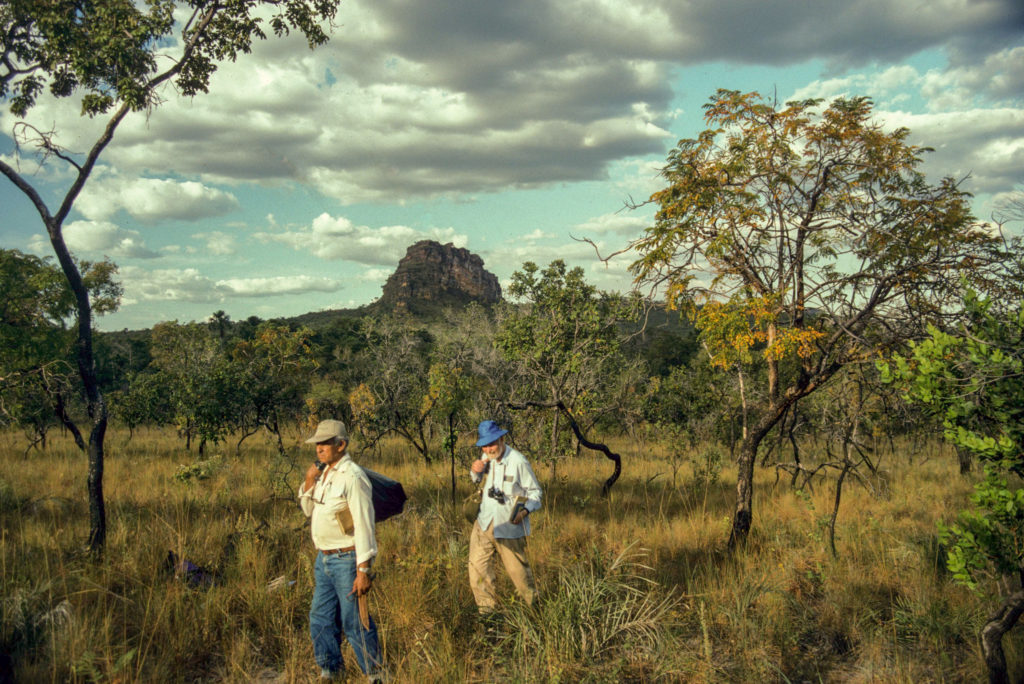
Recognising the importance of speaking Portuguese, Jimmy quickly became fluent. His range of vocabulary and ability to use the vernacular of the varied areas he visited was extraordinary and surprised and delighted Brazilians wherever he went.
Most of all he enjoyed interactions with local people and shared the country’s love of the national drink – cachaça; the stronger and more rustically brewed the better! It is notable that his stories of times in Brazil never focused on illustrious scientists he travelled with, but his field assistants and drivers. Often from poorer backgrounds of the most rural areas of the sertão, they became life-long friends. Jimmy seemed to enjoy the maverick and the loveable rogue above the establishment figure. The detailed diaries of his travels now represent a culturally significant, albeit idiosyncratic, social history of central Brazil, which was a lawless frontier of agricultural expansion when he started working there.
He was blessed with an extraordinary memory, seemingly able to recall the exact situation and characteristic of every plant he ever collected. These amounted to over 8,000 and his specimens now form the key reference point for cerrado plant diversity in collections around the world. It was particularly sad that this exceptional memory was slowly erased by Alzheimer’s, yet it was a delight to see the smile on his face when he did recall his experiences and the exploits of old friends from Brazil.
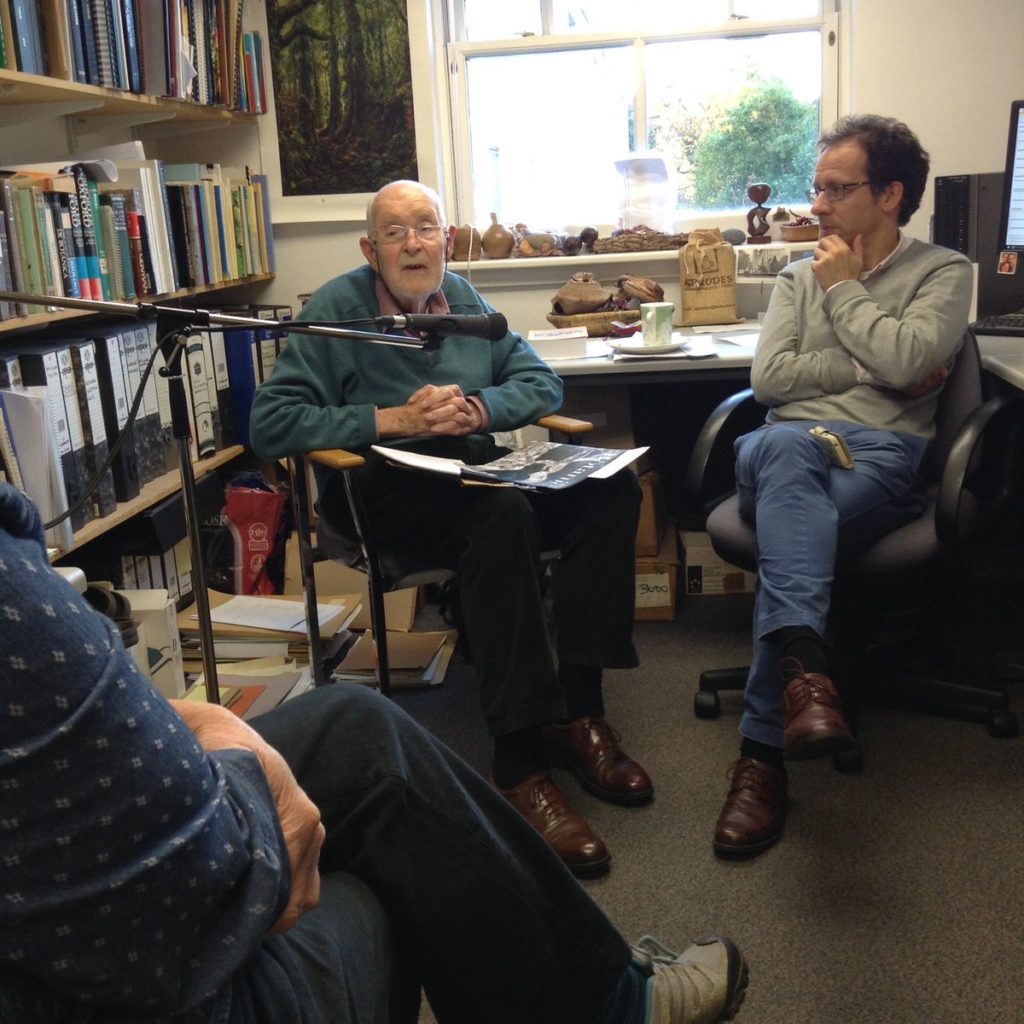
Jim had legendary stamina in the hot, open, vegetation of the cerrado, despite some peculiar habits. He never drank water during the day because he claimed this caused tiredness. Rehydration came from copious quantities of cold beer, starting late morning – should a bar be passed for refreshment – en route from one field site to another and continued, whilst pressing plants, through the late afternoon and long into the evening.
Long nights or lunches drinking with Jim in Brazil, or in Edinburgh, exemplified a relaxed approach to academia and he rightly railed against colleagues who were “too busy” to spend an extra hour or two to chat. While that may have been partly about camaraderie, he realised the value of relaxed discussion – now often sadly lacking in the modern academic world – for generating ideas and team-building.
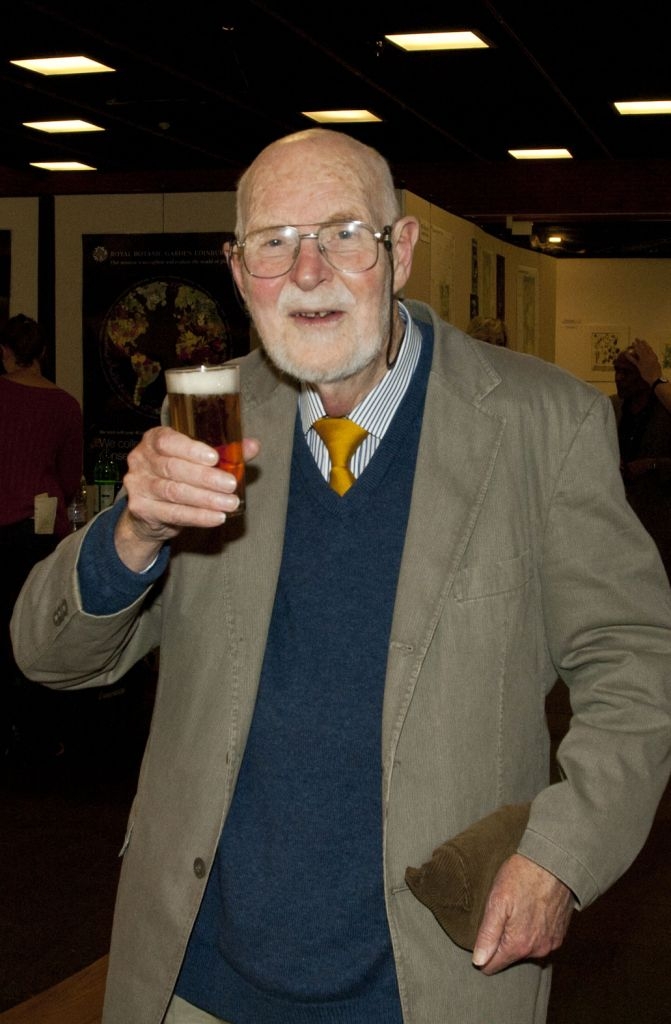
And despite the impression of this relaxed approach, Jim was a brilliant botanist, an incisive thinker and writer of the clearest prose. That his academic achievements have not received the wide recognition in the UK that they have in Brazil, reflects his disdain for academic showmanship and loyalty to the Royal Botanic Garden Edinburgh. When most scientists would have directed papers to more prestigious multidisciplinary scientific journals, many of his most significant papers were published in the Edinburgh Journal of Botany.
Elected to the Royal Society of Edinburgh in 1998, Jim’s contribution to botany and conservation is well recognised in Brazil. His many honours include the Grand Cross of the National Order of Scientific Merit (Grã-Cruz da Ordem Nacional do Mérito Cientifico), one of the highest scientific accolades given by the Brazilian Government, that is the senior Brazilian decoration for scientific merit. This award, made by the President of Brazil had, at the time of award to Jim, only been granted to four British scientists.
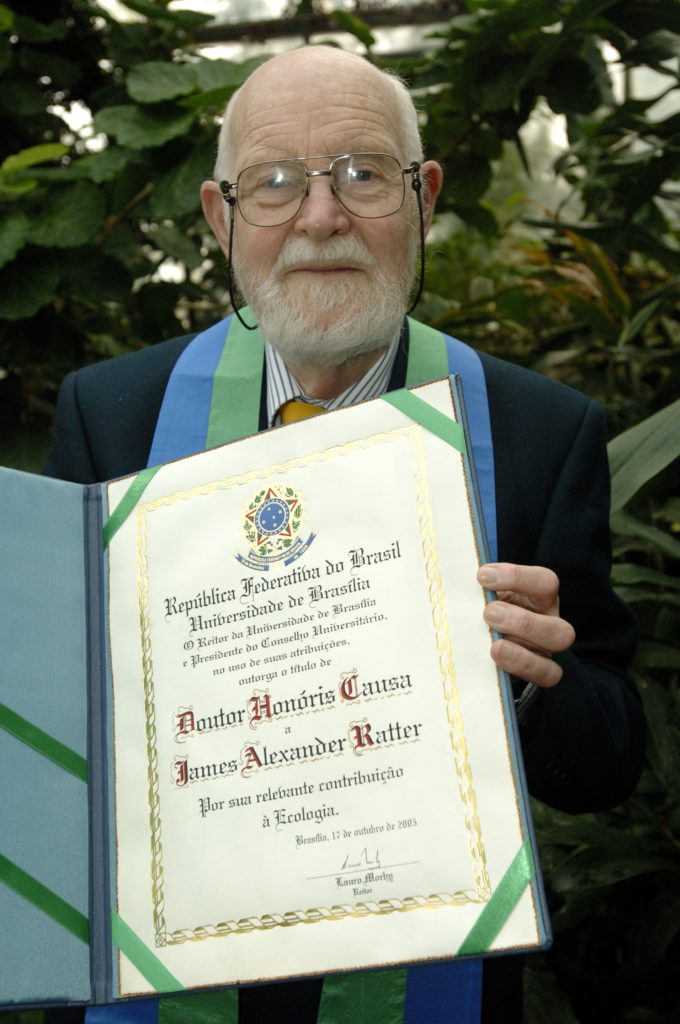
Jim’s most lasting impact in Brazil was in building capacity for biodiversity science. He was professor at the University of Brasília and helped found the influential Ecology Department in the 1970s. More recently, he assisted and guided the biological campus at the State University of Mato Grosso, where he has been honoured by a plant collection bearing his name, the Coleção Zoobotânica James Alexander Ratter. Over five decades, Jim mentored many Brazilian scientists and postgraduate students who have studied both in Brazil and the UK, and who are now recognised leaders of their fields and training their own generation of doctorial students. He was always selfless in his assistance, never declining requests for guidance even from the most junior of students.
His spirit shone until the end. A favourite activity was editing, redrafting and translating scientific manuscripts of Brazilian students, friends and colleagues and this persisted through the fog of Alzheimer’s. In summer 2019, I visited him in hospital after a fall broke his pelvis, and I left a copy of a paper he had co-authored. The following day, his daughter Alison called to ask if we had worked on it together as she had found it covered with Jim’s neat and precise handwriting; he had woken during the night and decided to give it the Ratter editorial treatment.
Jim is survived by Pam, brother David, sons David and Andrew, daughter Alison and their families.
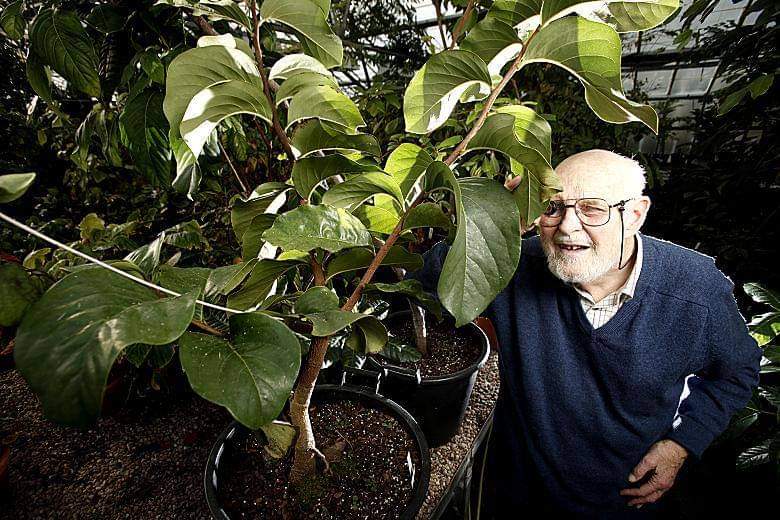
Toby Pennington & Sam Bridgewater

Steven Jamieson
Jimmy Ratter
Was a gentleman and a pleasure to no. He had a very interesting background, Jimmy was always give to using his very pleasurable manner when communicating with any one.
He will not be forgotten by many people, as I’m sure many would agree. He will go down in history for his many achievements in life.
He will be sadly missed
RIP Jimmy Ratter
JOSE CARMINE DIANESE
Jim Ratter belonged in a very special class of human beings, those that are pure in spirit, honest by nature, extremely inteligent and competent, and unforgetable as friend.
Carlos Yamashita
Jimmie left his taught not only in academy but in all comunity he visited!
Ele influenciou toda uma geração de conservacionistas no Brasil por onde passou. Sortudos aqueles que o conheceram e puderam conhece lo.